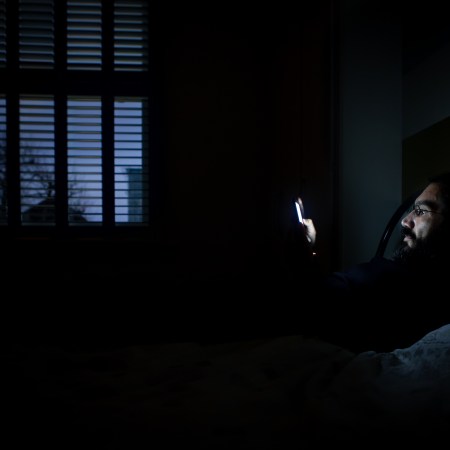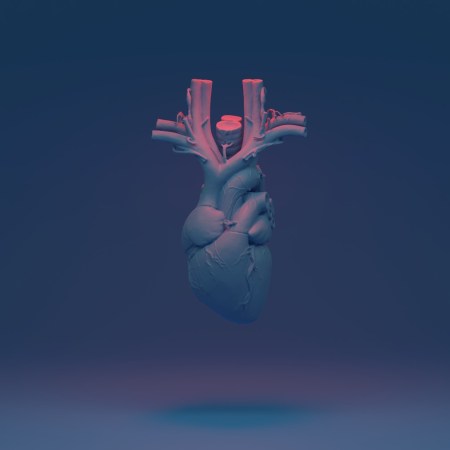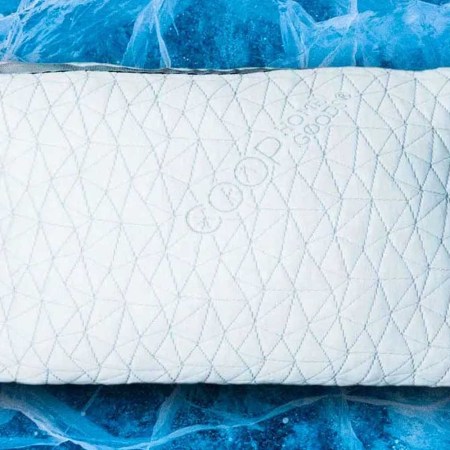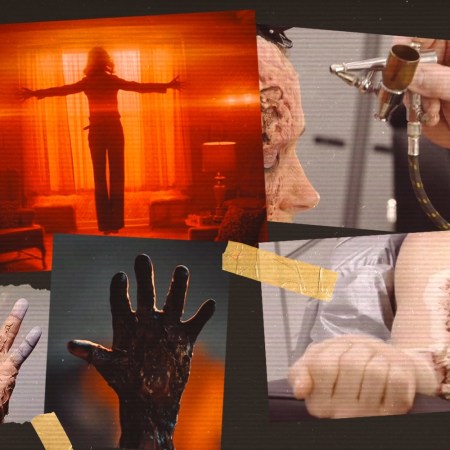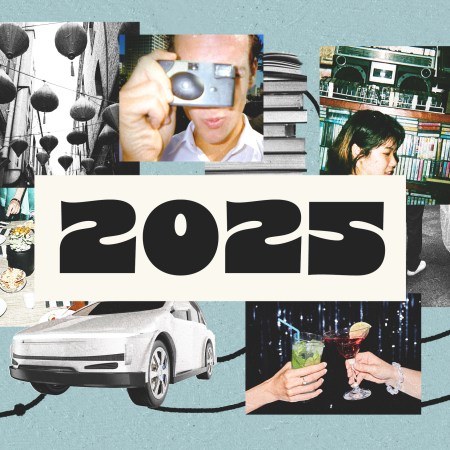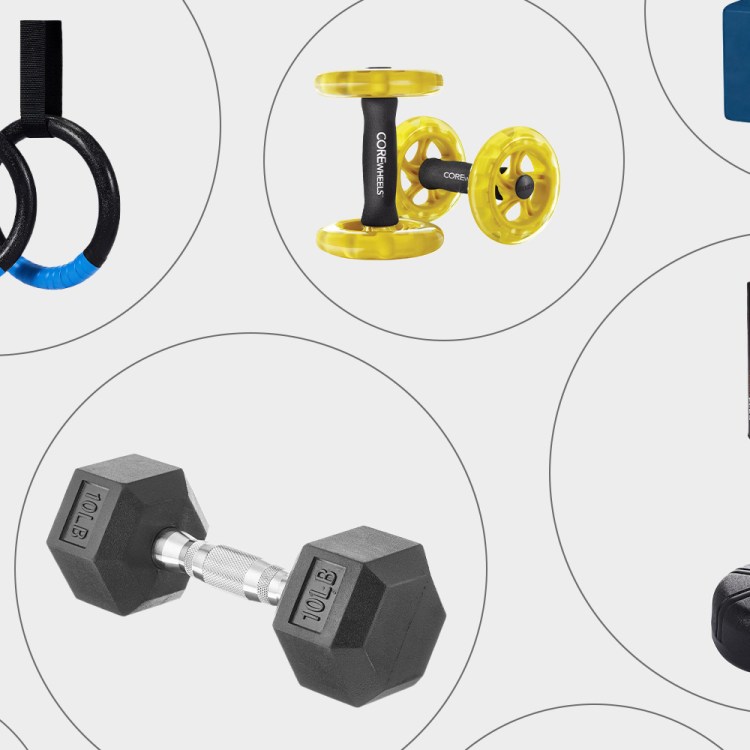The way that you sleep at night can have significant effects on your health — and so it’s not surprising that there are plenty of products out there dedicated to improving your sleep. When it comes to technological sleep aids, there are plenty of sleep trackers on the market — but what if your needs after falling asleep are a little more specific? What if your goal is to engage in lucid dreaming?
A company called Prophetic is working on a device with that goal in mind. It’s called The Halo, and Prophetic is currently accepting deposits for it, with plans to ship a device out in Spring 2025. The company’s description of their device offers a relatively straightforward description of how it works, which reads a bit like Inception if its plot had involved machine learning: “The combination of ultrasound and machine learning models (created using EEG & fMRI data) allows us to detect when dreamers are in REM to induce and stabilize lucid dreams.”
Last week, the company hosted an event to showcase their progress thus far. One skeptical note, however, emerged from Heather Tal Murphy at Slate, who chronicled the gulf between Prophetic’s rhetoric and the current status of their technology. “The team accomplished all of this without ever inducing a single lucid dream, I learned after repeatedly pushing for specifics during a video call,” Murphy writes.
(And, yes — we now live in a world where concrete evidence of a technology working can exist in the form of a dream. Psychedelic science fiction, a subject near and dear to my heart, is becoming science fact.)
For his part, Prophetic co-founder Eric Wollberg told Slate that he felt that the underlying technology was solid. “We’re very confident that we will be very successful,” he told Murphy.
A Glimpse Inside Artist Erik Parker’s Neon Daydream
We toured Parker’s New York City studio to see how his bold, bright brushstrokes capture imaginative coolThe overall verdict from the Slate piece is somewhat mixed. The experts that Murphy spoke with had good things to say about neuroscientist Martin Dresler, who is involved with Prophetic’s project — but were less sure about the timeframe Prophetic had in mind. Murphy also writes of Prophetic that “their headset seems more promising than some of the other lucid-dreaming products out there.”
The world of technology startups abounds with dreams, though Prophetic is in the more rarefied realm of having its dreams being literally about dreams. Are we 18 months (or so) away from a headset that could change your sleeping experience forever? The reality of that remains to be seen.
Whether you’re looking to get into shape, or just get out of a funk, The Charge has got you covered. Sign up for our new wellness newsletter today.


